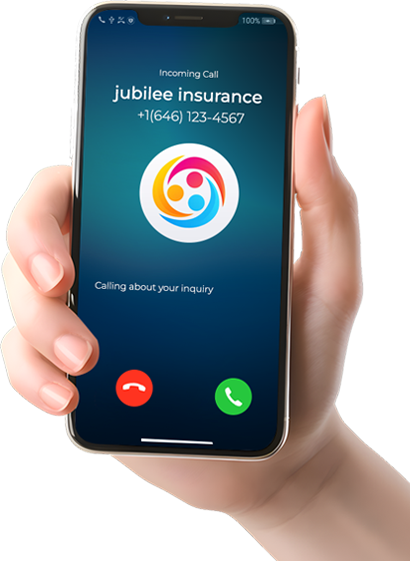
Increasing Connectivity by 20%

A complete checklist for Call centers to gearup for the Annual Enrollment Period (AEP)
1. Evaluate your Current Technology:
- Assess your existing call center technology infrastructure, including hardware and software.
- Ensure that your systems are up to date and capable of handling increased call volumes during AEP.
2. Staffing and Training:
- Determine the number of call center agents required to handle the expected increase in call volume.
- Provide comprehensive training to agents on using call center technology effectively, including any new tools or features.
3. Omnichannel Capabilities:
- Ensure that your call center technology supports omnichannel communication, including phone, email, chat, and social media.
- Coordinate consistent messaging and information across all channels.
4. Automation and AI Integration:
- Explore the integration of automation and AI solutions to handle routine inquiries and improve response times.
- Implement chatbots or virtual assistants to assist with common queries.
5. Data Security and Compliance:
- Review and update data security measures to protect sensitive patient information in compliance with HIPAA regulations.
- Conduct regular security audits to identify vulnerabilities.
6. Scalability:
- Ensure that your call center technology is scalable to accommodate fluctuations in call volume during AEP.
- Consider cloud-based solutions that offer flexibility and scalability.
7. Real-Time Analytics:
- Implement real-time analytics tools to monitor call center performance, agent productivity, and customer satisfaction.
- Use data-driven insights to make informed decisions during AEP.
8. Appointment Scheduling and Follow-ups:
- Implement features for appointment scheduling and reminders to help beneficiaries stay organized.
- Use automated follow-up calls or messages to reduce appointment no-shows.
9. Complaint Resolution Workflow:
- Develop a streamlined process for handling beneficiary complaints and grievances.
- Ensure that call center agents have access to relevant information and protocols for resolution.
10. Quality Assurance:
- Establish quality assurance processes to monitor and assess call center interactions.
- Conduct regular audits and provide feedback to agents for continuous improvement.
11. Emergency Preparedness:
- Have contingency plans in place for emergencies or unexpected disruptions, such as natural disasters or system failures.
- Ensure redundancy in critical systems to minimize downtime.
12. Comprehensive Knowledge Base:
- Maintain an up-to-date knowledge base with information on Medicare plans, policies, and changes for quick reference by call center agents.
13. Multilingual Support:
- If serving diverse populations, ensure that your call center technology can support multiple languages to cater to beneficiaries with different language preferences.
14. Feedback Mechanisms:
- Implement feedback mechanisms to gather input from beneficiaries regarding their call center experiences.
- Use feedback to make necessary improvements.
15. Regulatory Updates:
- Stay informed about any changes in Medicare regulations or policies that may impact call center operations during AEP.
- Ensure that call center agents are aware of and trained on these updates.
16. Performance Metrics:
- Define key performance indicators (KPIs) specific to AEP, such as call abandonment rates, average handling times, and enrollment rates.
- Regularly track and analyze these metrics to assess your call center's performance.
By following this checklist, Call centers can operate a successful Annual Enrollment Period, ensuring efficient communication with beneficiaries and compliance with industry regulations.






Catch up on the latest feature updates, news, and announcements.